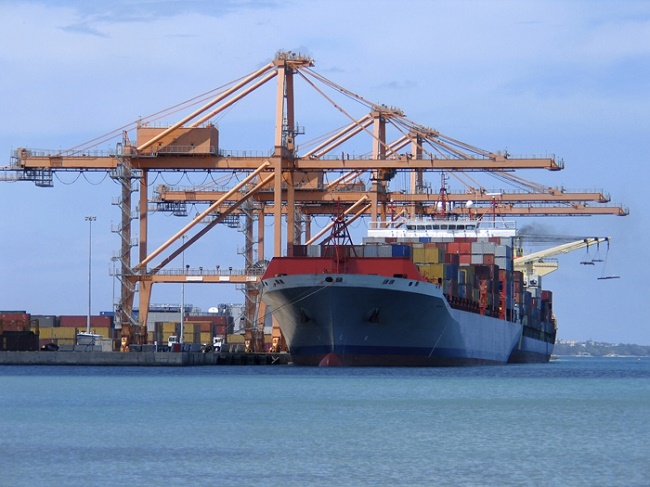Big Data In The Marine Sector: Avoiding “Ozone Hole 2.0”

Held by the Institute of Marine Engineering, Science and Technology (IMarEST), the roundtable brought together experts from various fields including naval architecture, insurance, environmental research, environmental response, marine engineering, surveying, subsea services, marine consultancy, data management and academic research.
It is widely accepted that analysing and disseminating big data and using it effectively will transform the industry in a positive way. Its potential applications within the marine sector are tremendous, but questions still exist on how best to collect and analyse such data. Do we accumulate as much data as possible so it is available if and when needed? Or do we only collect data relevant for meeting a particular objective? Who writes the algorithms for collection and decides on the formulae used?
The importance of such decisions can be demonstrated by the decade-long delay in recognising the formation of the ozone hole – measurements of extremely low ozone concentrations made by monitoring satellites were systematically discarded by the computer’s algorithm.
Understanding the state of the environment and impacts of climate change , standardisation of vessel design, making oil and other hazardous materials spill support decisions, improving fuel efficiency (engine monitoring and fuel consumption), voyage optimisation and safety and vessel performance are but a few examples of the way industry can progress with more data and information.
The roundtable highlighted one challenge in particular that might slow down such progress: the concerns associated with sharing data. How can we overcome issues around data ownership and how can we instead achieve success through collaboration between stakeholders?
Maria Kouboura, Senior Technical Advisor at the IMarEST, commented: “Although the marine sector recognises the advantages of big data in terms of value to business, human element, environmental protection, offshore activities, etc. it hasn’t yet found a way to overcome these challenges.”
The discussion confirmed that the key challenges included those associated with data ownership and sharing, standardisation to avoid disparate types and quality of data, financing the collection of environmental data and the successful marrying of big data with the human element in decision-making.
The IMarEST will produce a white paper report that outlines the outcomes of the discussion and looks at the next steps. It will explore the ways big data can be used to enhance performance, productivity and safety across the marine sector and to increase ocean knowledge for society as a whole. A Special Interest Group on the topic will also be set up to develop a course of action.
HEADLINES
- Do shipping markets want Biden or Trump for the win?
- All 18 crew safe after fire on Japanese-owned tanker off Singapore
- Singapore launching $44m co-investment initiative for maritime tech start-ups
- Cosco debuts Global Shipping Industry Chain Cooperation Initiative
- US warns of more shipping sanctions
- China continues seaport consolidation as Dalian offer goes unconditional